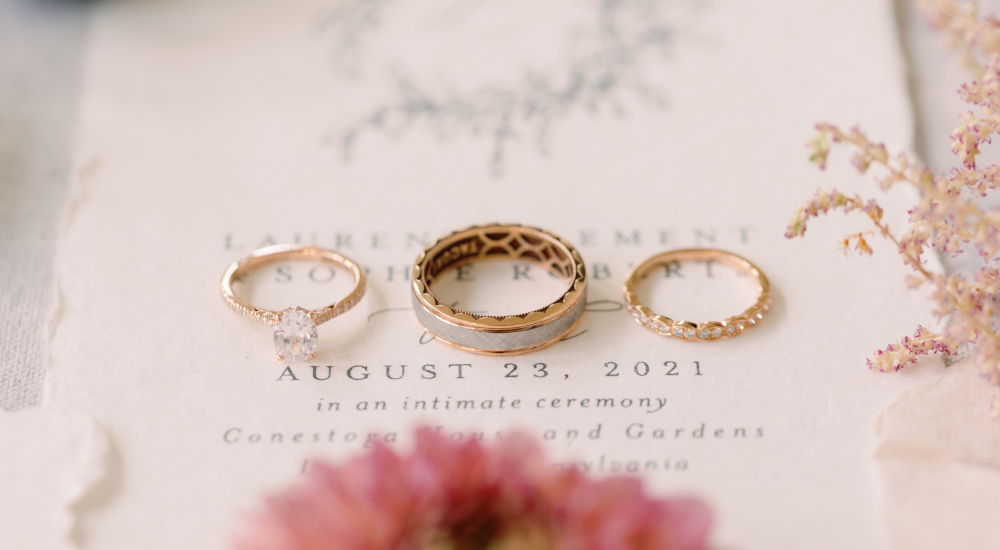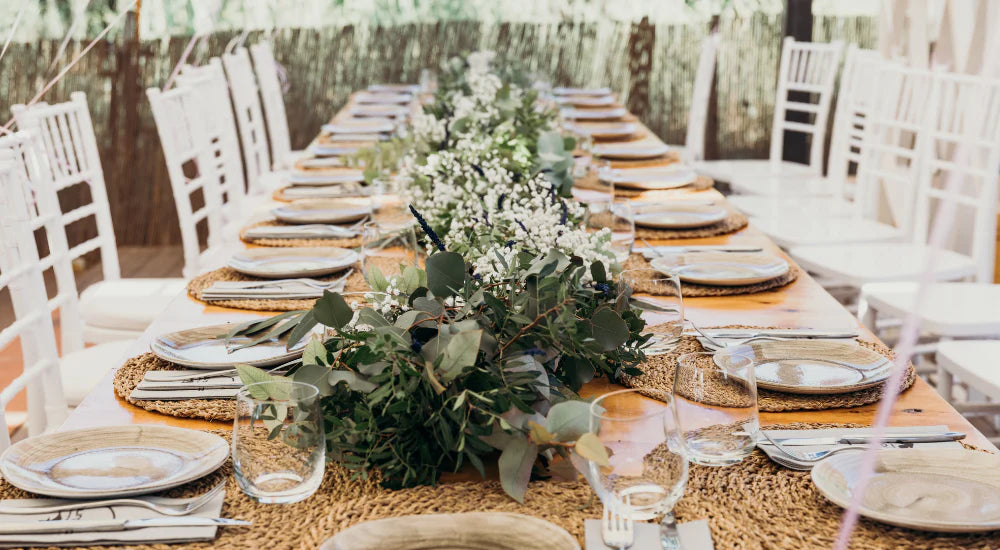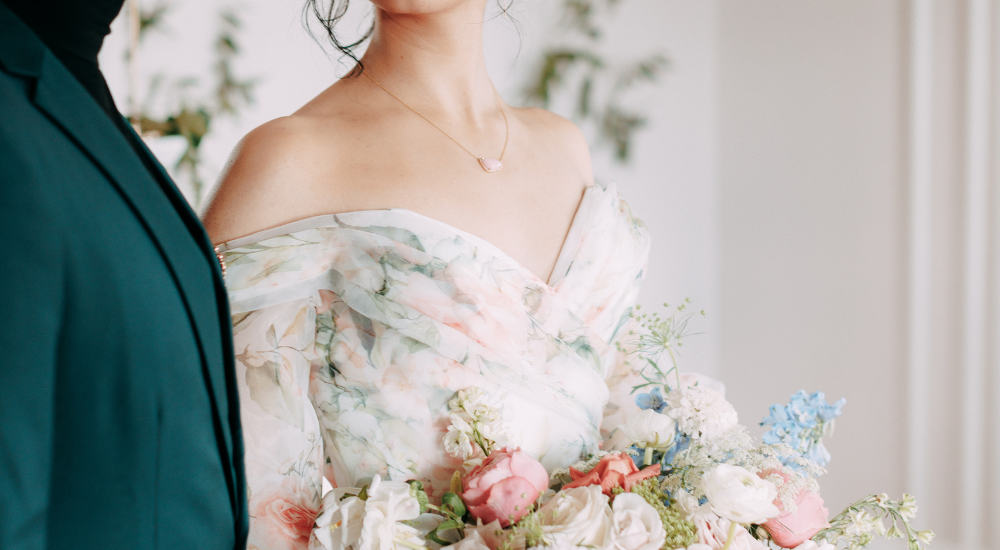Complete Wedding Planning Guide for Lancaster Couples: Tips & Resources

Here’s a sample wedding timeline:
A year before: Set your budget, choose your wedding party, draft a guest list, and book your venue. Secure must-have Lancaster vendors (DJ, caterer, florist, photographer). Popular picks include food trucks like Lancaster Burger Co. and photographers like Caroline Logan or Janae Rose.
Nine months before: Buy your outfits, book hotel blocks in downtown Lancaster or Lititz for out-of-town guests, register for gifts, and build your wedding website.
Six months before: Mail save-the-dates, plan transportation, meet your officiant, and start honeymoon planning.
Four months before: Taste cakes (try Lancaster Cupcake or The Baker’s Table), finalize your playlist, and schedule fittings and beauty appointments.
Three months before: Purchase your wedding rings (we’d love to help at Koser Jewelers!), finalize florals, menus, and print materials.
Two months before: Send invitations and confirm vendor details.
One month before: Pick up your marriage license from Lancaster County Courthouse, confirm RSVP count, seating chart, and vow-writing.
Wedding week: Do a final vendor check-in, pack for your honeymoon, and soak it all in—it’s almost here!
Decide on a Budget and Stick to It
Your budget influences everything. Ask yourself:
-
What can we realistically spend?
-
Will we receive contributions?
-
Are there local vendors or venues offering packages or off-season discounts?
Lancaster weddings average around $35,000, but costs vary based on venue, guest count, and preferences. Consider segmenting your budget by category (venue, rings, attire, food, etc.). Rustic barn venues like Melhorn Manor or elegant spaces like The Booking House provide a range of price points.
Decide Your Priorities
In a region as scenic and community-focused as Lancaster, many couples prioritize:
-
Guest list size: Local weddings often include extended family and close-knit friend circles.
-
Season or date: Spring and fall are popular; if you’re flexible, winter weddings can be magical and more affordable.
-
Venue: Lancaster County offers everything from vineyards to historic estates.
-
Attire or rings: Whether you’re dreaming of a designer gown or custom wedding bands, prioritize what’s meaningful to you.
Choose Your Wedding Theme and Style
Your style might reflect Lancaster’s mix of natural beauty and historic charm. Rustic, elegant, boho, or modern farmhouse—local venues can flex to match your aesthetic. Whether you're inspired by Susquehanna River views or the farmland around Lititz, use colors, textures, and details that reflect your personalities.
Involve Your Family and Friends
Planning a wedding isn’t a solo sport. Lancaster couples often enlist family for everything from DIY florals to venue tours. Ask recently married friends for vendor tips and see if any loved ones have talents to share (calligraphy, baking, music!).
Create a Guest List
Your venue size and budget will help shape your guest list. Lancaster weddings often blend local and traveling guests, so consider hotel options in downtown Lancaster or Manheim. Start with must-invite family and close friends, then work outward. Be fair when including groups like coworkers or cousins.
Choose a Jeweler You Trust
At Koser Jewelers, we’re honored to be part of your love story. Located just outside of Lancaster in Mount Joy, we’ve helped generations of couples find wedding bands that symbolize their forever. Whether you’re exploring timeless classics or custom designs, our team will make sure the experience is personal and meaningful.
Browse our women's and men's wedding band collections or schedule a consultation today.




